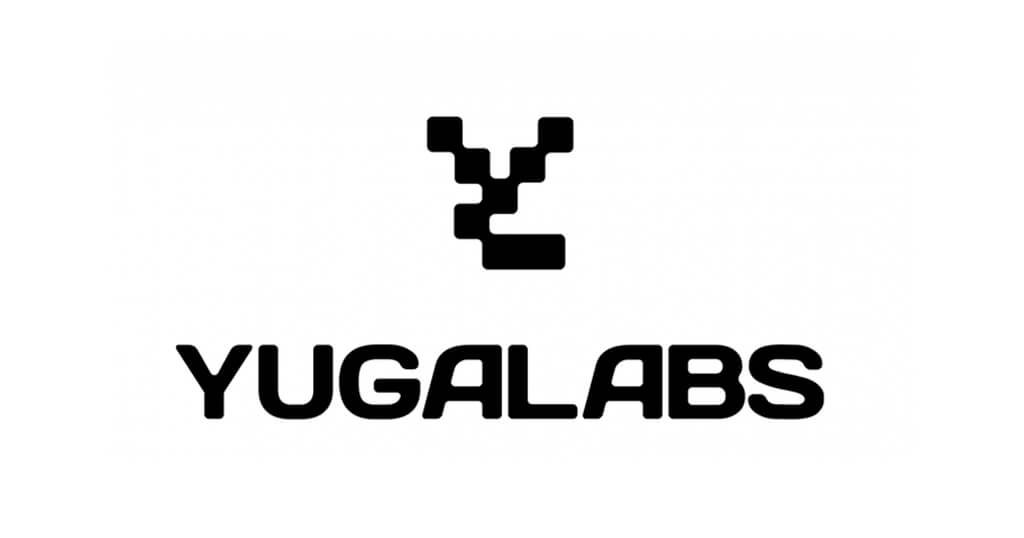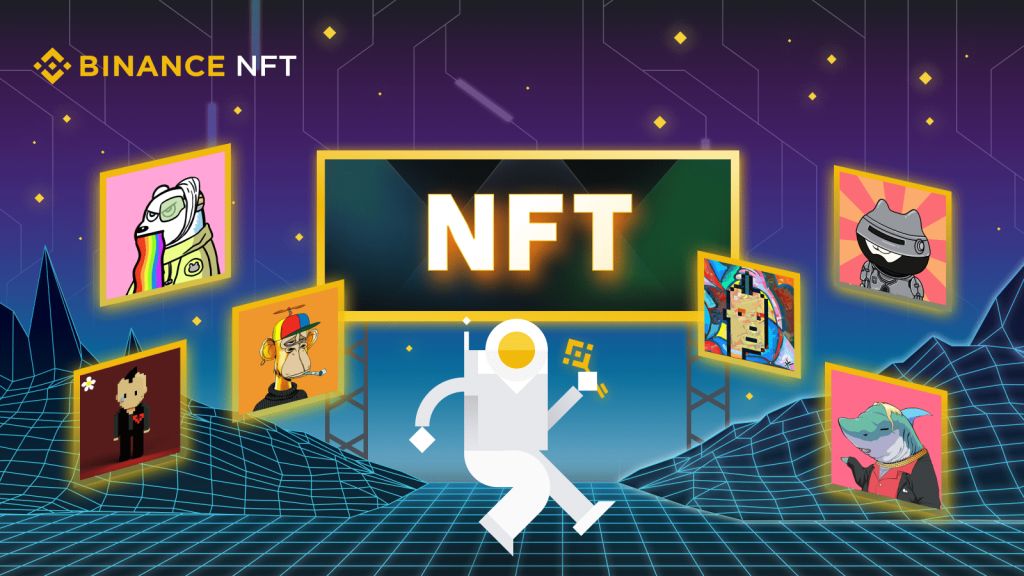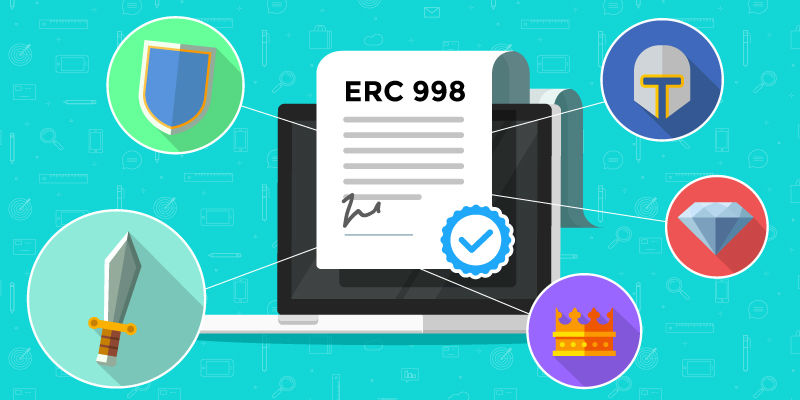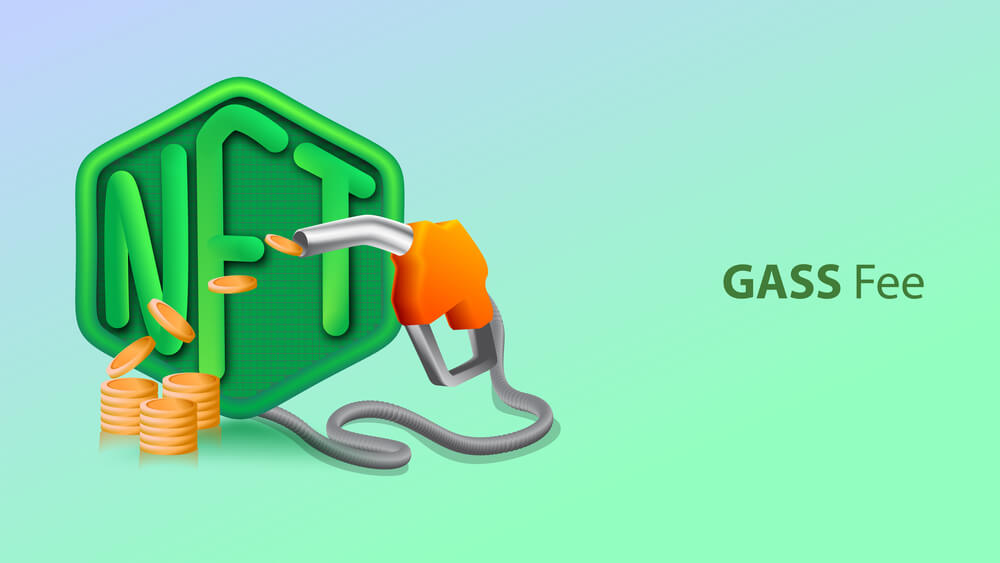On January 17, the popular email marketing platform Mailchimp confirmed a data breach – and Yuga Labs was among the victims. Notably, the Bored Ape Yacht Club developers are still going through the details to determine how their Mailchimp account was compromised.
Nonetheless, they did tweet the community a warning to ‘stay safe and vigilant’ to avoid any possible scams.
Mailchimp accounts were affected by the email marketing platform’s recent data breach.

Did This Mailchimp Data Breach Affect Yuga Labs Greatly?
Earlier on January 19, Yuga Labs said that Mailchimp’s recent data breach impacted them as well. In a lengthy Twitter thread, the team announced that an anonymous hacker might have accessed their account on the platform. But, Yuga Labs alleges ‘no evidence suggests they exported any data.’
Furthermore, the team highlighted that their Mailchimp account included several email campaigns and thus a limited number of people. Yuga Labs promised that it would contact all users through their official email address (@yugalabs.io) in case they discover their data was impacted by the Mailchimp breach.
Eventually, the founding team advised their entire community to keep vigil to avoid cases of any possible scams. These may include DM requests for private passcodes and information, surprise mints, and fake announcements.
The best way to remain safe in the Web3 space is to ensure that you keep your most valuable assets in a cold wallet and protect all your passcodes.
How To Stay Safe From NFT Scams
Since Yuga Labs posted their tweet, most users began wondering how they could successfully keep their accounts safe. The first step is to read through every smart contract before signing it. Next, ensure that you set complex passwords to every account and always keep your seed phrase private.
NFT scams deceive people out of money directly or steal credentials to access a person’s digital wallet or crypto wallet. Sadly, it is hard to recover lost funds or stolen digital wallet credentials after a scam. Some of the most common NFT scams include rug pull, phishing, airdrop, social media impersonation, bidding scams, investor scams, pump and dump, and counterfeit NFT.

A majority of the NFT scams aim to steal crypto wallet information or dupe people into buying a fake NFT. Here are some ways to avoid scams:
- Keep keys private together with all recovery codes.
- Research the NFT seller before purchasing to avoid falling for scammers’ schemes
- Review the transaction history of the NFTs and avoid those with transactions in one day.
- Avoid clicking on any suspicious links or attachments even if they look real to go to a real site. It is always advisable to go to the site directly and not click on any links.
- Cross-check all NFT prices. Before you buy a nonfungible token, go to trading platforms like Mintable, Axie Marketplace, or OpenSea to compare prices. If the prices are significantly different, it might be a scam.
- Watch the bids before accepting any and ensure that you double-check the currency and never accept anything lower than expected.
- Be sure to create strong passwords for NFT accounts and crypto wallets. You may also use fingerprints, facial recognition, and two-factor authentication to keep your digital assets safe.
- Use reputable NFT exchange markets when transacting.





